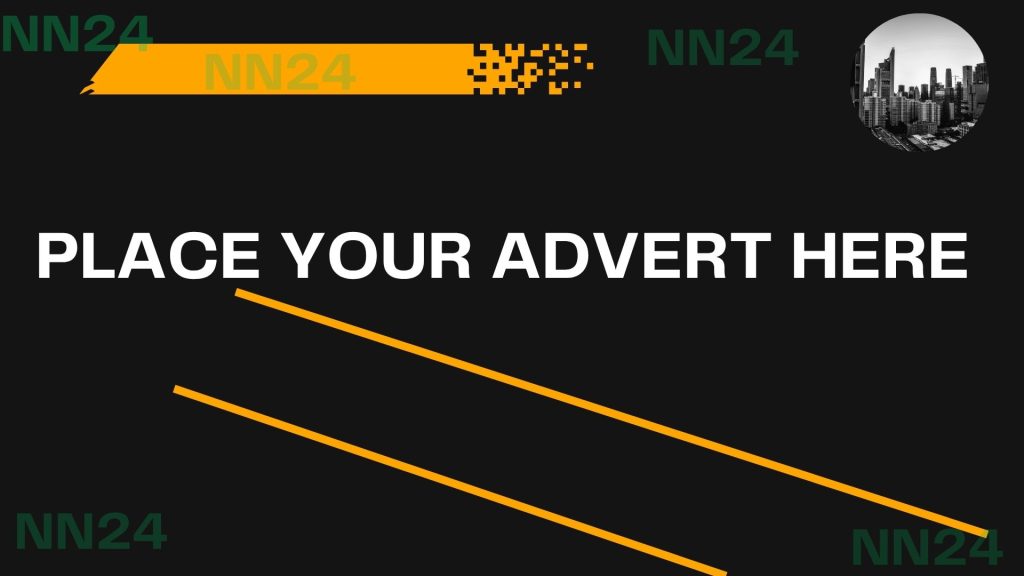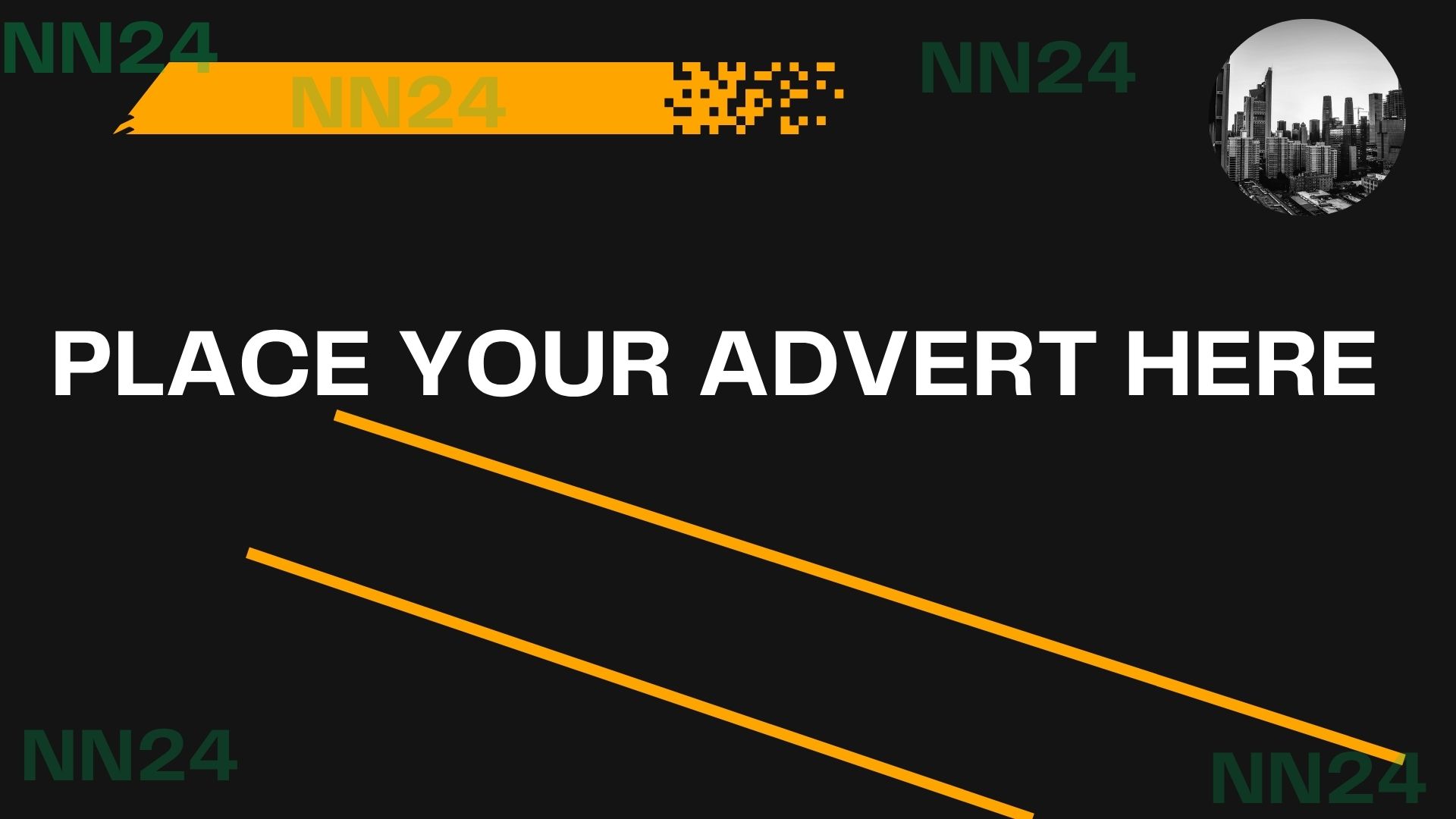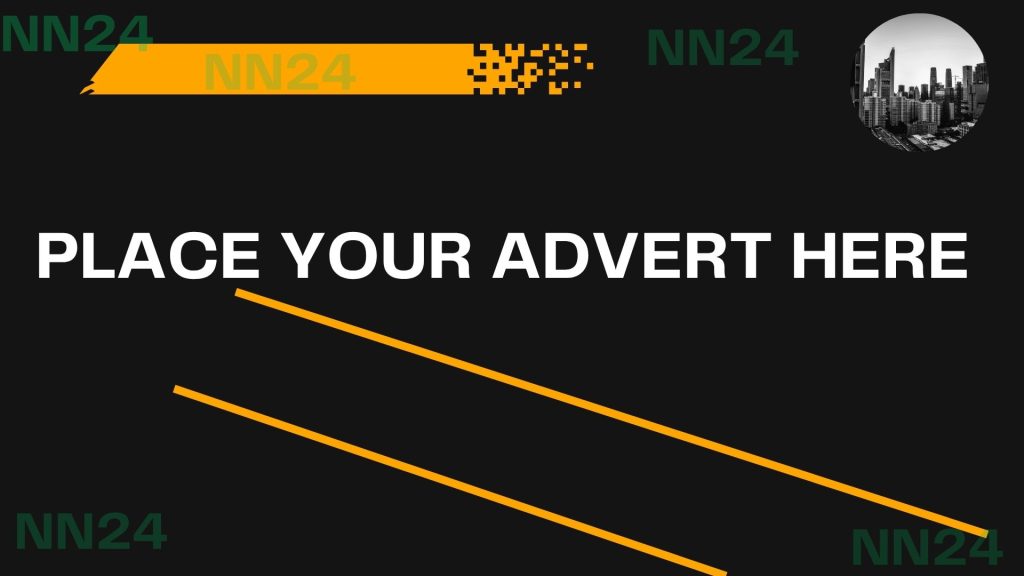By Nigerian News24 staff
The cost of importing Premium Motor Spirit (PMS), commonly known as petrol, has seen a significant rise, with the landing cost now averaging ₦870 per litre, according to the Major Energy Marketers Association of Nigeria (MEMAN).
The price increase is coinciding with market disruptions, partly driven by pricing strategies at Dangote Petroleum Refinery, which have created tension and squeezed profit margins for both fuel importers and marketers.
MEMAN reports that the landing cost of petrol was ₦872 per litre on April 28 and ₦868 on April 29, up from ₦859 per litre on April 23. This surge reflects the ongoing rise in the costs associated with importing petrol, leaving importers struggling to maintain profitability.
At the retail level, petrol prices are fluctuating across the country. On Thursday, Dangote sold petrol for ₦840 per litre, which was also the price set by Matrix (Lagos) and Rainoil. However, other marketers like Pinnacle, Mao, Sahara, AA Rano, and NIPCO offered the fuel at higher prices, ranging from ₦889 to ₦842, depending on the region.
Lagos retailers benefit from relatively lower prices, while those in the South-South face higher prices due to logistics challenges. For instance, First Fortune set the price at ₦868, while other retailers like Sigmund and Liquid Bulk priced their fuel at ₦870. In Ogun State, MRS set their price at ₦890 per litre, with Heyden following closely at ₦885.
Billy Gillis-Harry, National President of the Petroleum Products Retail Outlet Owners Association of Nigeria (PETROAN), told Punch that business has been slow due to the constant price fluctuations. He added that arbitrary price changes are not well-managed, further complicating the situation for both retailers and consumers.
Despite the challenges, Gillis-Harry expressed confidence that PETROAN members are committed to ensuring Nigerians have access to energy. He also acknowledged the government’s efforts to stabilize the situation and remains hopeful that the issues affecting the sector will be resolved, benefiting both consumers and businesses in the long term.
One of the key factors driving the current situation is Dangote Petroleum Refinery’s pricing strategy. The refinery has been reducing petrol prices since the launch of the Federal Government’s naira-for-crude deal with the facility. However, these reductions have led to unintended consequences for fuel importers, forcing them to sell at lower prices to avoid incurring heavy losses.
Following the suspension of the naira-for-crude deal in March, importers raised their prices from ₦860 to ₦950 per litre. But after the deal resumed, Dangote reduced petrol prices to below ₦900 per litre. This pricing strategy has had ripple effects, leading to an increase in fuel imports to Nigeria.
An S&P Global report suggests that despite falling global crude oil prices, Dangote’s minimal reduction in prices has led to more fuel imports into West Africa. The report noted that between April 1 and April 9, the price of Eurobob M1 dropped significantly, yet Dangote’s gantry price only fell slightly, encouraging increased imports into the region.




